 Rabbi Ken Chasen
Rabbi Ken Chasen Before he became a rabbi, Leo Baeck Temple’s Senior Rabbi Ken Chasen had dreams of being a musician. The Kansas City native taught himself piano and bass guitar, and by the time he was in high school, he was a working musician, leading a band. While he was an undergraduate at Miami University of Ohio, the demo tapes he made with his band had attracted interest in both Nashville and Los Angeles. But the rabbinate was also on his mind.
“Ultimately, I had a really tough choice to make,” Rabbi Chasen told the Journal. He turned to Rabbi Lee Bycel, the current president of Hebrew Union College (HUC) Los Angeles, but then the school’s dean of admissions. “He gave me great advice,” Chasen said.
“He said, ‘‘Look, you are thinking about the rabbinate, but you also are thinking about this music life. It will take you a minimum of five years to complete your studies for the rabbinate. Then at least five more to do the work you really want to do.’”
Rabbi Bycel told him “You sound like you want to be both of these people. It feels to me there’s a better chance of doing both if you do music first, then decide if you want to do the rabbinate.”
With that charge, Chasen said, “he emboldened me. He gave me the confidence that if I came out here and should not succeed in music, I wouldn’t have burned my bridge to Jewish service.”
Success came relatively easy to Chasen. By 1987, he was working from his home studio and at a studio on the Sony Pictures lot, editing scores for television and movies. He also branched out into writing music for television. “As a Midwestern kid,” he said, “the thrill of hearing myself singing my music on television was very exciting. More than anything, I was curious to see if I had the ability to do it.” He was, quite literally, living the dream. “I was young,” Chasen said, “I only pictured two worlds: I would fail at the music and do something else. Or I would succeed and live happily ever after.”
There was a third world he hadn’t thought of: he would be a success, but ask: “Do I want to do this the rest of my life?”
The rabbinate, he confessed, never had stopped calling. “Even though my career in television music became quite robust, so many things about the rabbinate were appealing to me.” The music business, he explained, is “highly creative, but I was only using one muscle in myself.” Still a young man in his 20s, he knew he was leaving the music business “at the most illogical time: The peak of my earning,” but he felt “a lot of other parts of me are lying dormant. The part of me that wants to read, study, be with other people and create community – teach – all those things were lying dormant in me.” He had no regrets when he stepped away from the music business; Rabbi Chasen was about to be born.
“The rabbinate,” he said, “apart from the soulful reasons, was especially appealing because of the multiple hats a rabbi wears.”
In addition, his musical talent was an asset.
“When I was growing up,” he said, “rabbis felt pressure to put the guitar down so they would be taken more seriously.” By the time Chasen was ordained in 1998, his mentors told him the opposite.
Chasen turned his attention to writing music for the Jewish world, Jewish schools, summer camps. Chasen wrote melodies now being sung across the Reform movement. “An unanticipated thrill,” he said with a smile.
Chasen turned his attention to writing music for the Jewish world, Jewish schools, summer camps. Chasen wrote melodies now being sung across the Reform movement. “An unanticipated thrill,” he said with a smile.
His rabbinic career began when Rabbi Rick Jacobs, now the president of the Union for Reform Judaism, hired Rabbi Chasen as his assistant at the Westchester Reform Temple in Scarsdale, a town just north of New York City.
In 2003, he was hired to be the third senior rabbi at 600-family Leo Baeck Temple, following Leonard Beerman, who founded the temple in 1948, and Sandy Ragins.
The time in Scarsdale, Chasen said, prepared him for his (so far) 20-year run at Leo Baeck.
As teacher of the ordination seminar at HUC, he tells students, “If you want to begin your career as an assistant rabbi in a larger congregation, the most important part is the senior rabbi who will be your mentor.”
Rabbi Chasen explained that, thanks to Rabbi Jacobs in Scarsdale, “I had the opportunity to develop worship-leading skills, lifecycle-leading skills, and institution-leading skills from him.”
Happily, Chasen recalls Rabbi Bycel’s wise reply decades ago when he asked, “What if I fail in music life?”
“Any life experience you bring back to the rabbinate only will make you a better rabbi, not a diminished one.”
For Chasen, “that was a green light.”
Fast Takes with Rabbi Chasen
Jewish Journal: What is the favorite place you have traveled outside of Israel?
Rabbi Chasen: I love going to Paris.
J.J.: The most memorable book you have read?
Rabbi Chasen: Rabbi Abraham Joshua Heschel’s “Man Is Not Alone.”
J.J.: What do you do on your day off?
Rabbi Chasen: I make music, and I am a fitness runner — three or four times a week, three or four miles at a time.







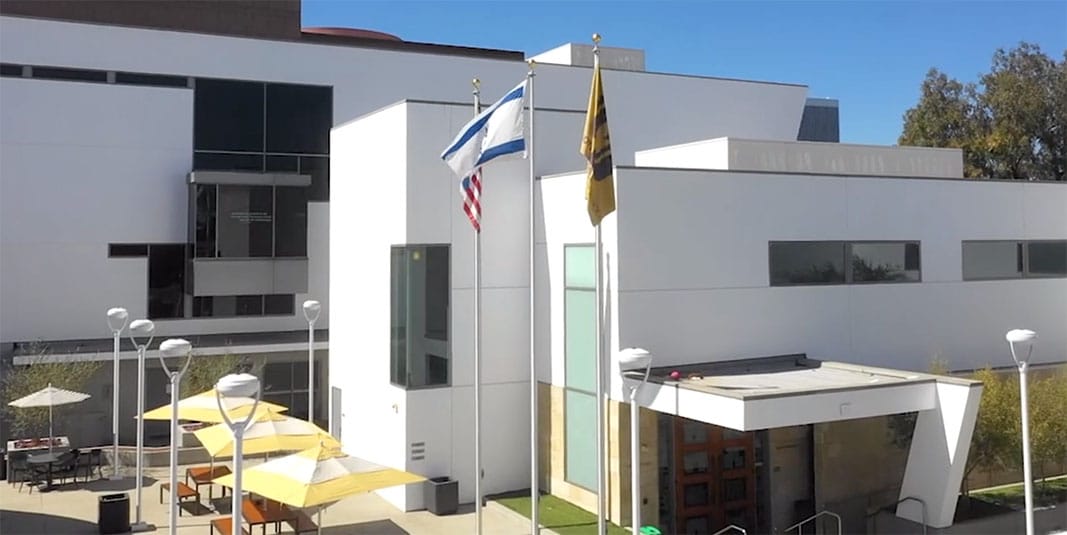
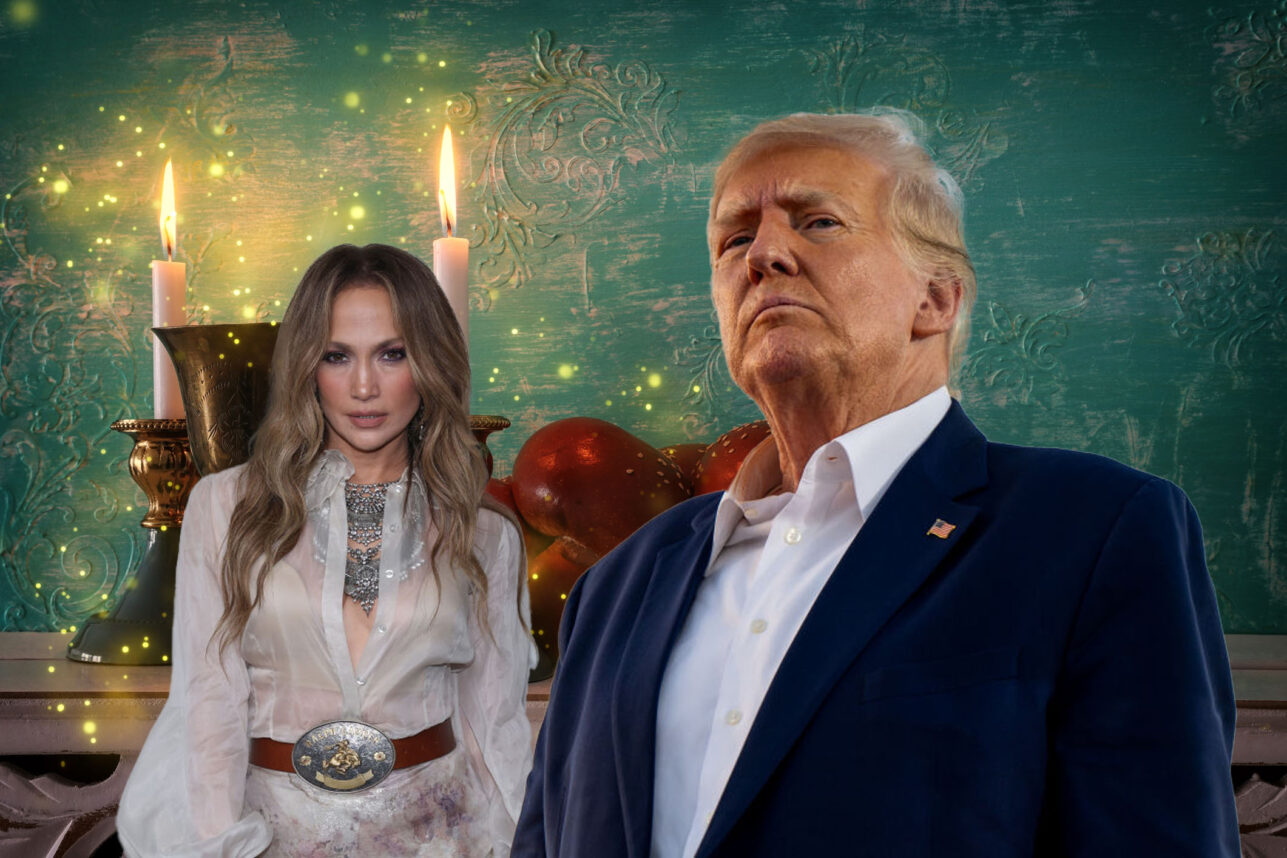
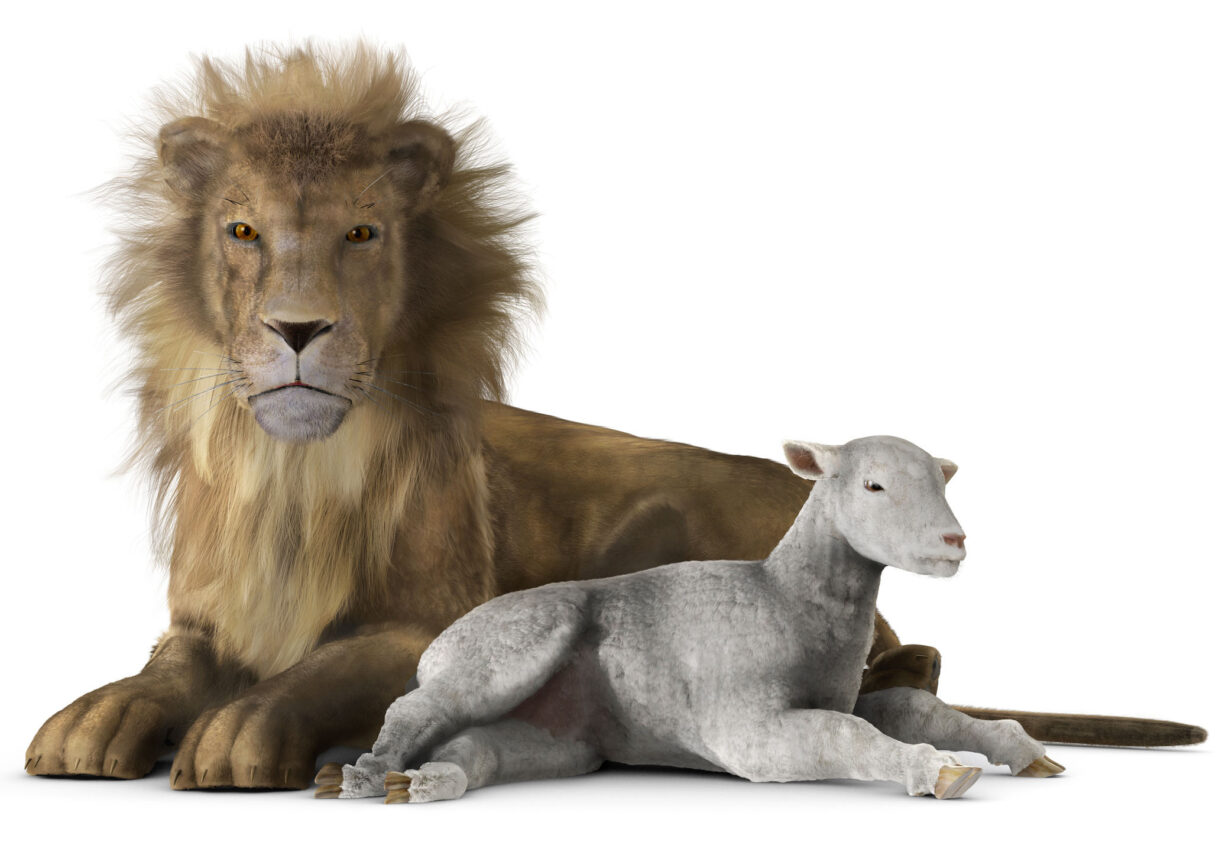

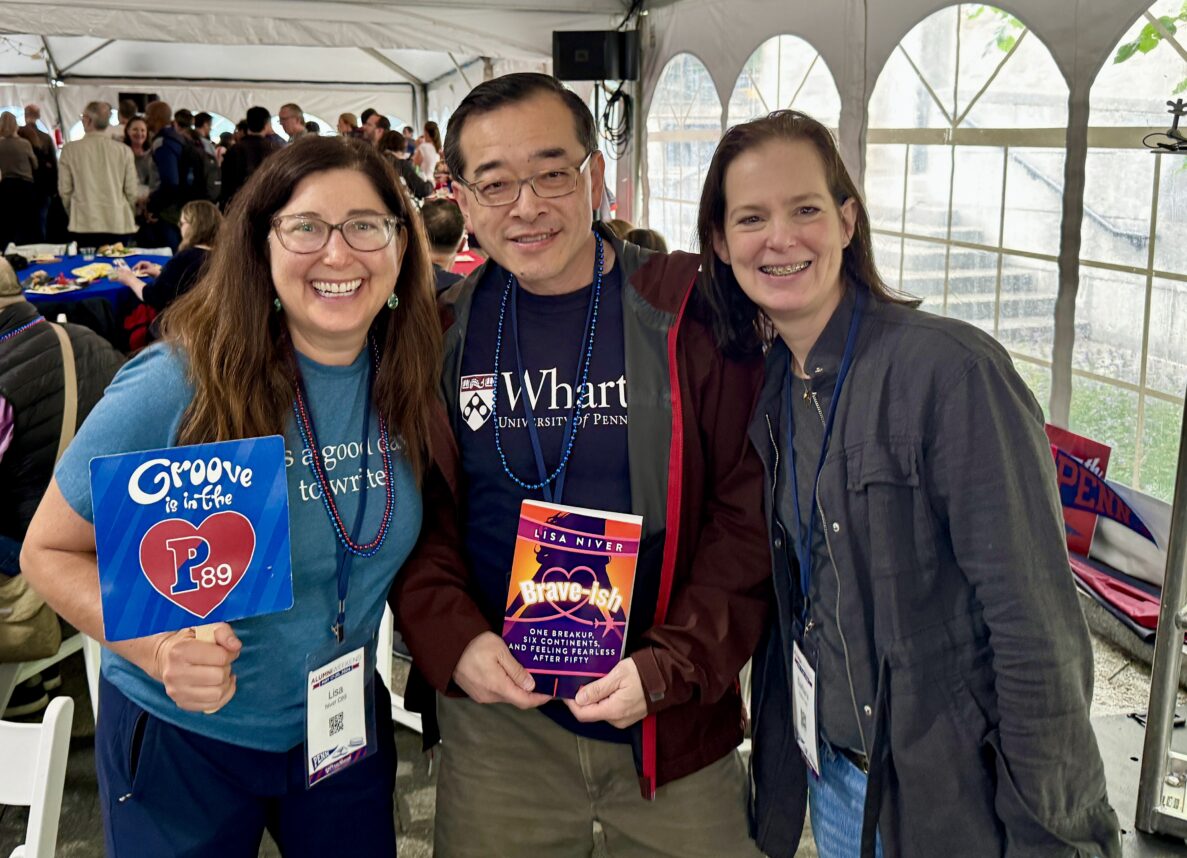
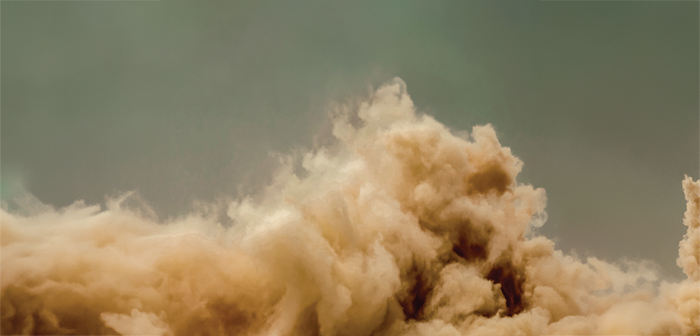

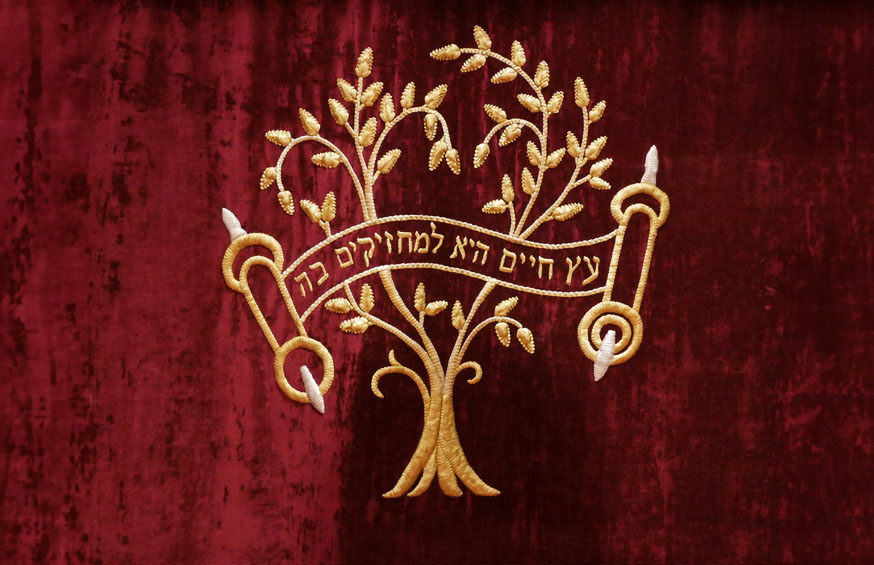
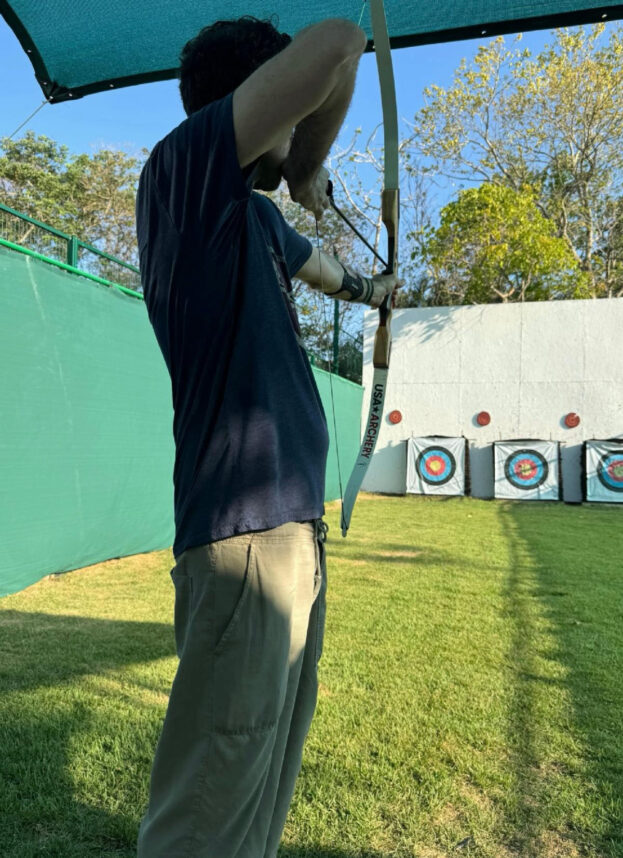







 More news and opinions than at a Shabbat dinner, right in your inbox.
More news and opinions than at a Shabbat dinner, right in your inbox.